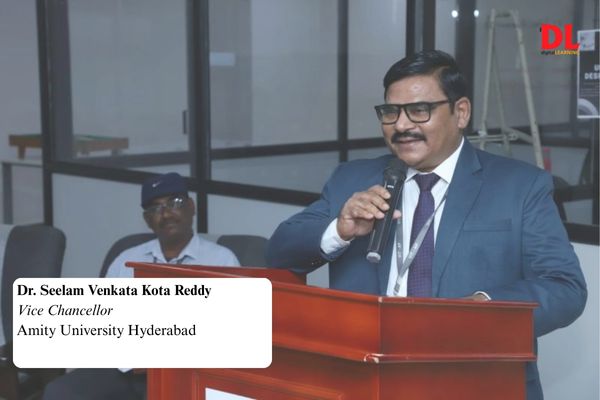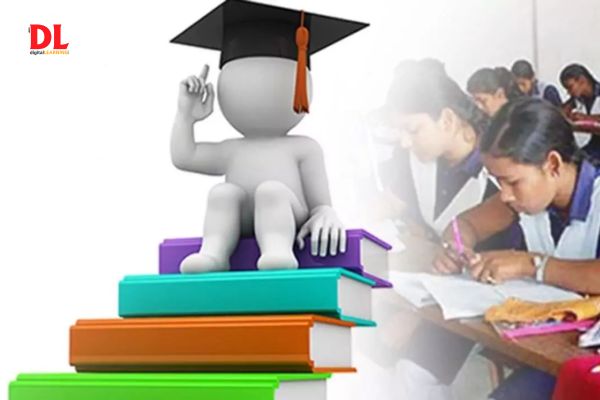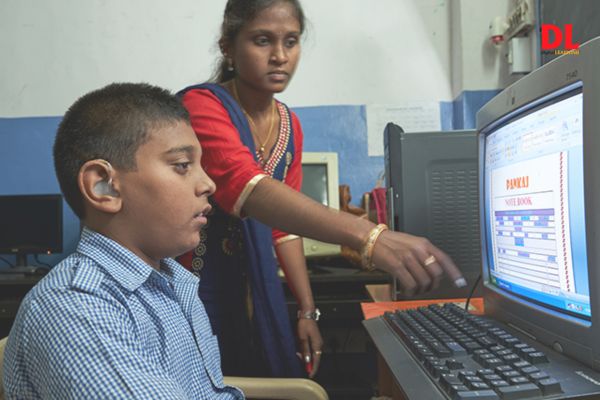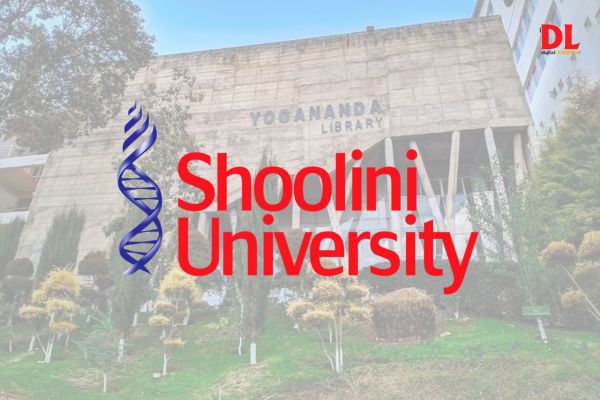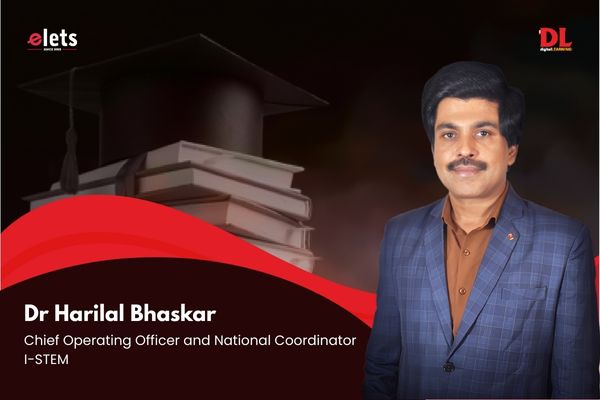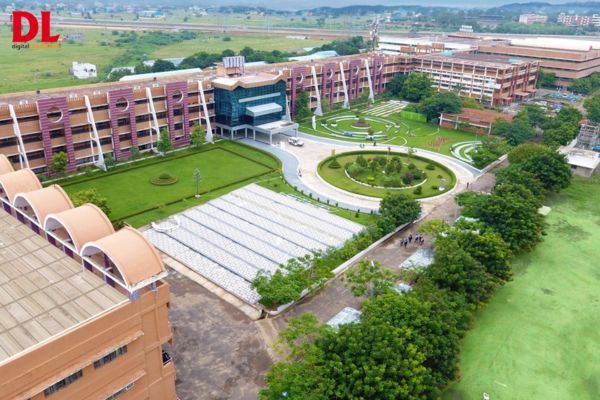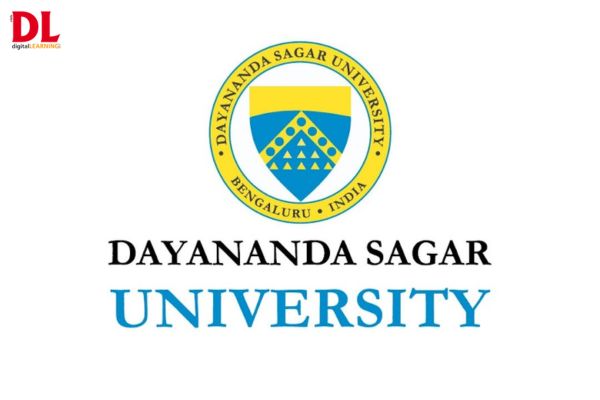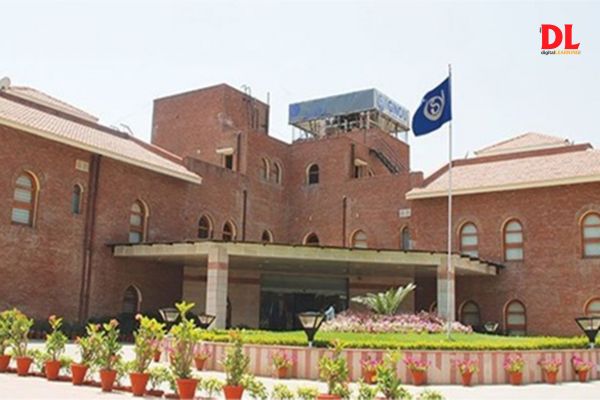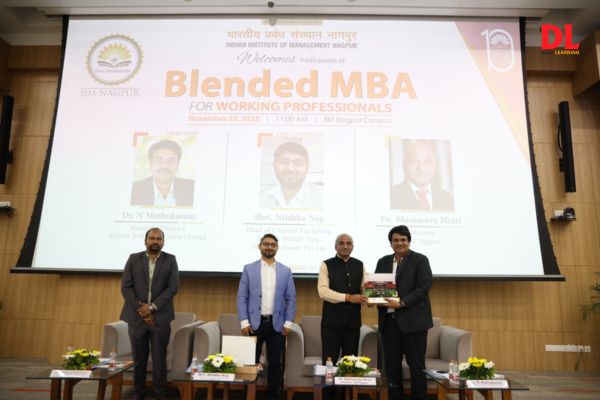India stands on the verge of a major scientific awakening. Our universities, laboratories, and start-ups are advancing across frontiers such as quantum materials, bio-engineering, and micro-electronics. Yet beneath this visible progress lies a quieter challenge: our efforts remain scattered. The nation has invested deeply in laboratories, digital data, and skilled manpower, but much of this capital operates in isolation.
When knowledge flows through disconnected channels, innovation slows. The price of fragmentation is not simply redundant spending — it is the loss of momentum and opportunity. Our challenge, therefore, is not invention alone, but integration.
From Data Repositories to Living Networks
India no longer needs another archive of research reports. What it now requires is a living, intelligent collaboration grid that continuously links researchers, laboratories, and innovators. Instead of documenting what has already been achieved, this ecosystem should anticipate what can emerge — identifying partnerships, preventing overlap, and accelerating the path from concept to real-world impact.
Such a transition — from static storage to dynamic connectivity — depends on the thoughtful use of artificial intelligence (AI) and blockchain as twin enablers.
AI as the Collaboration Catalyst
AI can serve as the nervous system of this grid. By analysing project data, publications, patents, and usage logs, intelligent models can locate unseen thematic connections between institutions and recommend potential collaborations.
Its core functions may include:
- Predictive mapping — matching research goals, technology readiness, and instrumentation needs to reveal natural partners.
- Intelligent notifications — alerting scientists when a complementary facility, project, or innovation arises.
- Semantic networks — visually connecting research clusters and highlighting gaps or promising intersections.
AI thus becomes a proactive collaborator — revealing patterns no human committee could manually detect.
Blockchain as the Trust Framework
Sustained collaboration demands verifiable trust. Blockchain technology provides exactly that — an immutable ledger ensuring authenticity, traceability, and fairness. Each project milestone, booking, or data exchange can be cryptographically sealed and time-stamped, producing a transparent record of contribution and ownership.
Its advantages include:
- Integrity assurance through permanent, tamper-proof audit trails.
- Automated agreements where smart contracts distribute credit or trigger data sharing once conditions are fulfilled.
- Shared governance, removing central control and embedding accountability directly into code.
Through this, trust is no longer verbal or institutional — it becomes mathematical.
A Federated Model for the Global South
Where many global models centralize research data, India can design a federated, sovereign network in which each institution retains control of its datasets and equipment while sharing metadata for national-scale visibility. This approach mirrors the principles behind India’s digital public infrastructure — from UPI to ONDC — decentralised, interoperable, and inclusive.
Such a system reflects the country’s cooperative ethos and can serve as a blueprint for the wider Global South, demonstrating how openness and autonomy can coexist.
The New Logic of Collaborative Growth
When AI and blockchain converge, the economics of research change fundamentally:
- Technology transfer accelerates as complementary expertise is recognised sooner.
- Public investment becomes efficient, with duplication reduced through transparent audit trails.
- Start-ups and MSMEs gain entry, accessing verified data and shared facilities to innovate beside large institutions.
- Knowledge flows laterally, allowing insights from one field to inform breakthroughs in another.
Collaboration, in this framework, is not charity — it is strategy.
Cultural Renewal: From Competition to Co-Creation
Indian science has long celebrated individual excellence. The next frontier is collective excellence — where recognition grows through shared discovery. In a connected grid, algorithms can quietly suggest meaningful intersections — a researcher in Pune discovering a similar study in Guwahati, or a start-up finding a lab match in Hyderabad.
Over time, these subtle connections build a culture where cooperation replaces isolation — a design for collaboration embedded within daily research life.
The Road Ahead
Realising this vision will require close coordination between ministries, funding agencies, universities, and industry clusters. Encouragingly, the foundation is already visible.
Under the Office of the Principal Scientific Adviser (PSA), two pioneering initiatives have set strong precedents:
- I-STEM (Indian Science, Technology & Engineering Facilities Map) — providing a nationwide inventory of research equipment and facility access.
- Manthan — linking innovators, enterprises, and institutions through collaborative challenges and partnership calls.
Also Read: Vel Tech Rangarajan Dr Sagunthala R&D Institute of Science and Technology
Beyond these, several ministries have built complementary systems that can now be unified:
- The Department of Science and Technology (DST) runs platforms like the Vigyan Prasar Science Media Portal, STIP 2020 Knowledge Portal, and INDIA-STI Hub, advancing open knowledge and science communication.
- The Department of Biotechnology (DBT) manages BioRRAP and Biotech-PRIDE, ensuring responsible regulatory oversight and transparent data exchange.
- The Council of Scientific and Industrial Research (CSIR) integrates its network through OneCSIR, enabling coordinated R&D across laboratories.
- The All India Council for Technical Education (AICTE) supports platforms such as IDEA and Vishwakarma to promote innovation and data analytics in technical education.
- The Ministry of Education continues to sustain research programs including IMPRINT, SPARC, and STRIDE, which reinforce interdisciplinary and global collaboration.
By weaving these national efforts together — across PSA, DST, DBT, CSIR, AICTE, and the Ministry of Education — and infusing them with AI-guided intelligence and blockchain-secured trust, India can build the world’s first National Research Collaboration and Visibility Platform (NRCVP): a living digital organism that perceives opportunity, preserves integrity, and synchronises innovation in real time.
The Harmony of Connection
The strength of Indian science will soon be measured not by the volume of data it holds but by the fluency with which that data interacts. When research stops competing for recognition and starts resonating across communities, innovation will no longer move in fragments — it will move in harmony.
Views expressed by Dr Harilal Bhaskar, Chief Operating Officer, and National Coordinator at I-STEM, under the Office of Principal Scientific Adviser (P.S.A.) Government of India.








